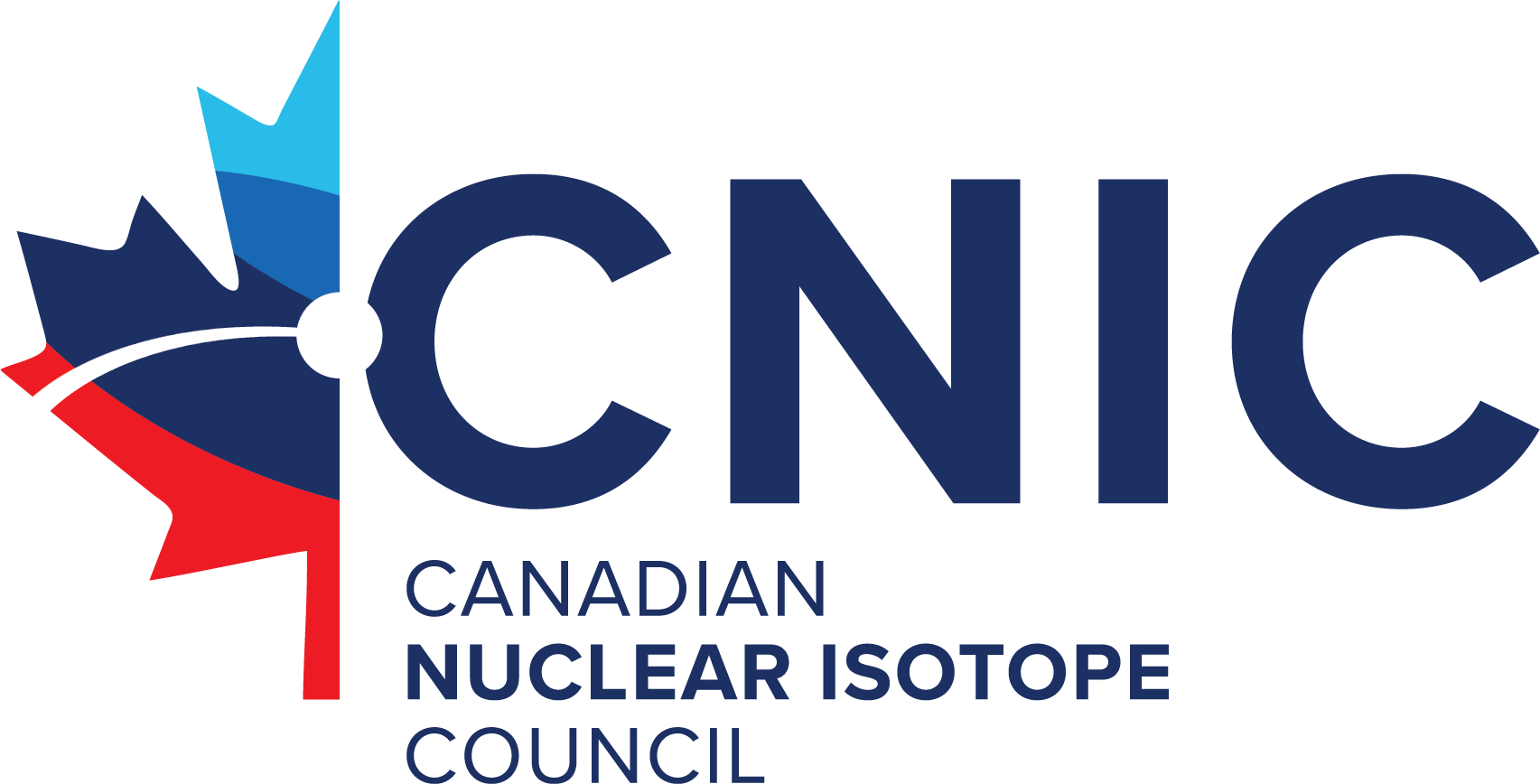Who we are
The Canadian Nuclear Isotope Council (CNIC) is an independent, not-for-profit advocacy and member services organization. The CNIC supports over 100 members from across science, academia, healthcare, and nuclear-sector organizations dedicated to maintaining Canada’s position as a global leader in the production of life-saving isotopes. The CNIC raises awareness and advocates for long-term policies that support health-care innovation and will save countless lives for decades to come.
The CNIC serves as a voice in safeguarding the continued availability of isotopes, ensuring our public policies are risk-informed and science-based, and support the highest levels of public health and safety. Leveraging existing infrastructure and expertise will have a significant positive impact on human health across the globe, keeping hospitals clean and safe while expanding Canada’s leadership role in the global medical community by supporting new and innovative treatments.
The CNIC’s mission is to convene, align and advance the interests of its members through principled policy work, value-added business services and broad engagement to drive competitiveness and economic growth for Canada’s isotope industry.
Message from the Chair

Canada has been a leader in the research, development, and production of medical isotopes for decades, contributing to the fight against cancer and transforming patient experiences.
Through our world-class nuclear expertise and achievements, Canada is paving the way in medical imaging, cancer therapy, disease prevention, and medical device sterilization, all using medical isotopes. With these advancements in modern medicine, the demand for critical isotopes is on the rise. As a result, the global market for medical isotopes offers a significant opportunity for Canada to maximize its production capacity and demonstrate its leadership.
Beyond that, isotopes offer new hope to cancer patients around the world. Using minimally invasive procedures, nuclear medicine provides patients with fewer treatments, fewer hospital visits, and shorter recovery times than traditional cancer treatments. For patients who were previously considered palliative, radiopharmaceuticals using medical isotopes are beginning to provide a new range of treatment and diagnostic options, and most importantly, hope.
The global market for nuclear medicine has grown over the last several years despite the international disruptions, and supply chain challenges due to the COVID-19 pandemic. The market is now projected to grow quickly to between $14 billion and $33 billion US by 2031, with therapeutic products representing the majority share. However, Canada can only take advantage of these optimistic figures if the right policy, financial, logistical, and infrastructure supports are in place to allow our medical Isotope Ecosystem to thrive.
Canada is a leader in the fight against cancer and disease, but our work isn’t nearly done. It’s a time to make a renewed commitment to improving patient experiences and developing new treatments. Considering the rising global demand for medical isotopes, Canada faces a critical juncture to build on our progress, capabilities, and expertise and outline a bold vision for the future. By implementing the recommendations outlined in this report, we believe Canada can be positioned to double its production of medical isotopes by 2030.
With hundreds of therapeutic radiopharmaceuticals in the pipeline, and many expected to reach the market in the coming years, this is an exciting time for patients, physicians, researchers, and the wider isotope industry alike.
